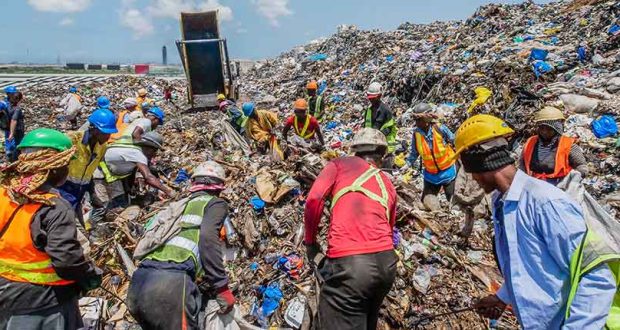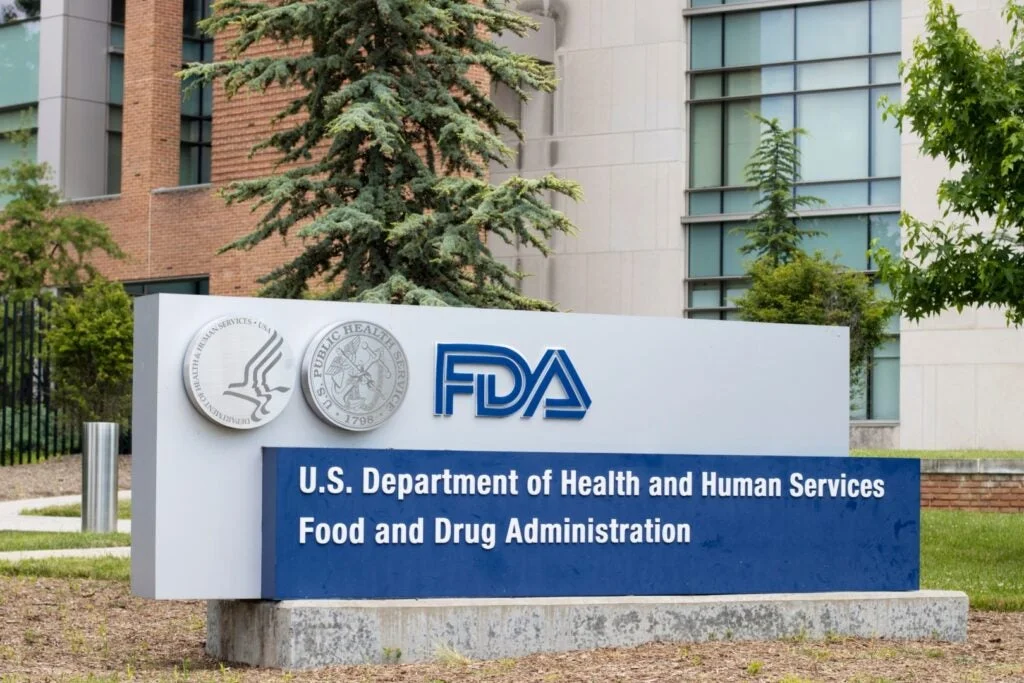Copyright naagyeifmonline

According to a recent research by the Institute of Statistical, Social, and Economic Research (ISSER), the high expense of inadequate sanitation and waste management procedures is costing Ghana’s economy billions of cedis per year. The study, which was written by Drs. Kwame Adjei-Mantey and Ralph Armah, Professors Peter Quartey, Ebo Turkson, and Yaa Adobea Owusu, claims that insufficient funding for appropriate garbage collection, recycling, and disposal has serious negative effects on the economy, the environment, and public health. The study emphasises the role that unhygienic environments play in recurrent disease outbreaks, like cholera, which lead to lost production, early fatalities, and the use of limited national resources for emergency medical responses. The researchers contend that Ghana’s spending on sanitation is still insufficient to address the scope of the issue. Only GH¢ 18.3 million, or 3.2% of anticipated earnings, was allocated for sanitation in 2025, despite the government realising GH¢551.5 million from the Sanitation and Pollution Levy in 2024. They claimed that this was “woefully inadequate” to satisfy the demands of the nation’s 261 district, municipal, and metropolitan legislatures. The report also cautions that indiscriminate garbage dumping can contaminate soil and water supplies, posing long-term threats to livelihoods, agriculture, and food security. Poor waste management is predicted to have cost the world more than US$109 billion in 2020 alone, and its indirect effects on developing nations like Ghana are still not fully understood. “The cost of doing nothing is far greater than the cost of taking action,” the authors underline. Therefore, they need a strong political commitment to reinvest a larger portion of the sanitation fee back into recycling and trash infrastructure. They contend that Ghana’s expanding waste management problem might be turned into a chance for job growth, economic innovation, and better health results. Citing WHO estimates that every dollar invested on sanitation generates a return of at least US$5.50 through enhanced productivity and health, the research states that “a one percent investment of Ghana’s GDP — roughly US$883 million — could generate over US$4.8 billion in benefits.” In order to generate jobs, draw in foreign investment, and enhance environmental quality, the ISSER researchers also suggest incorporating circular economy concepts into Ghana’s waste management system and promoting recycling, composting, and recovery technologies. They contend that improving sanitation is both a social and economic need since “Ghana risks perpetuating a costly cycle of environmental degradation, disease outbreaks, and economic loss without immediate and sustained investment.” See the complete article below



